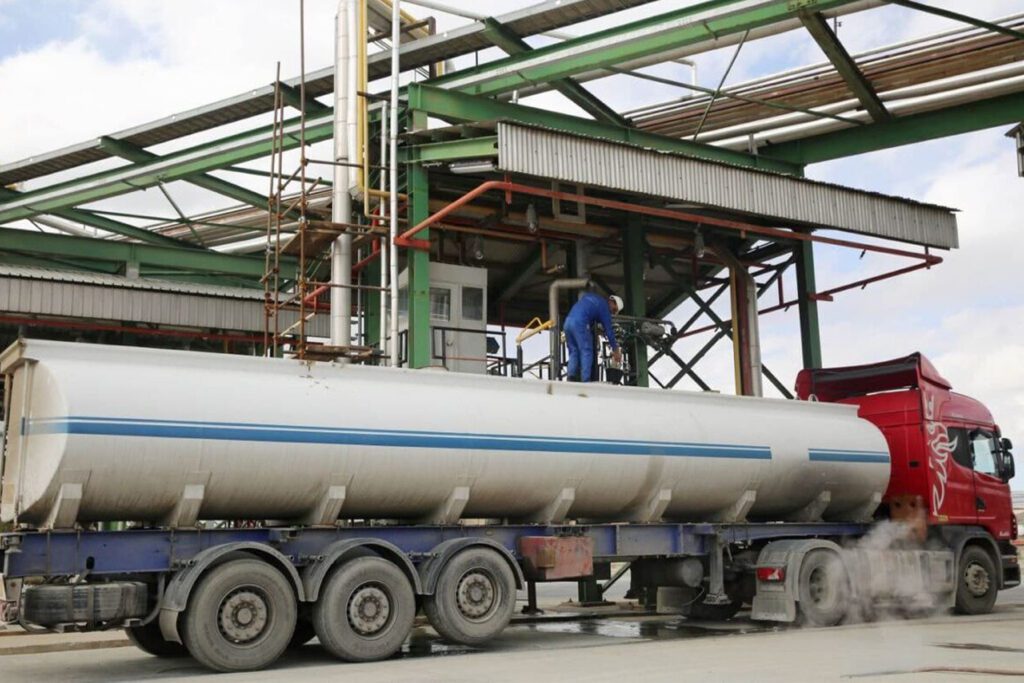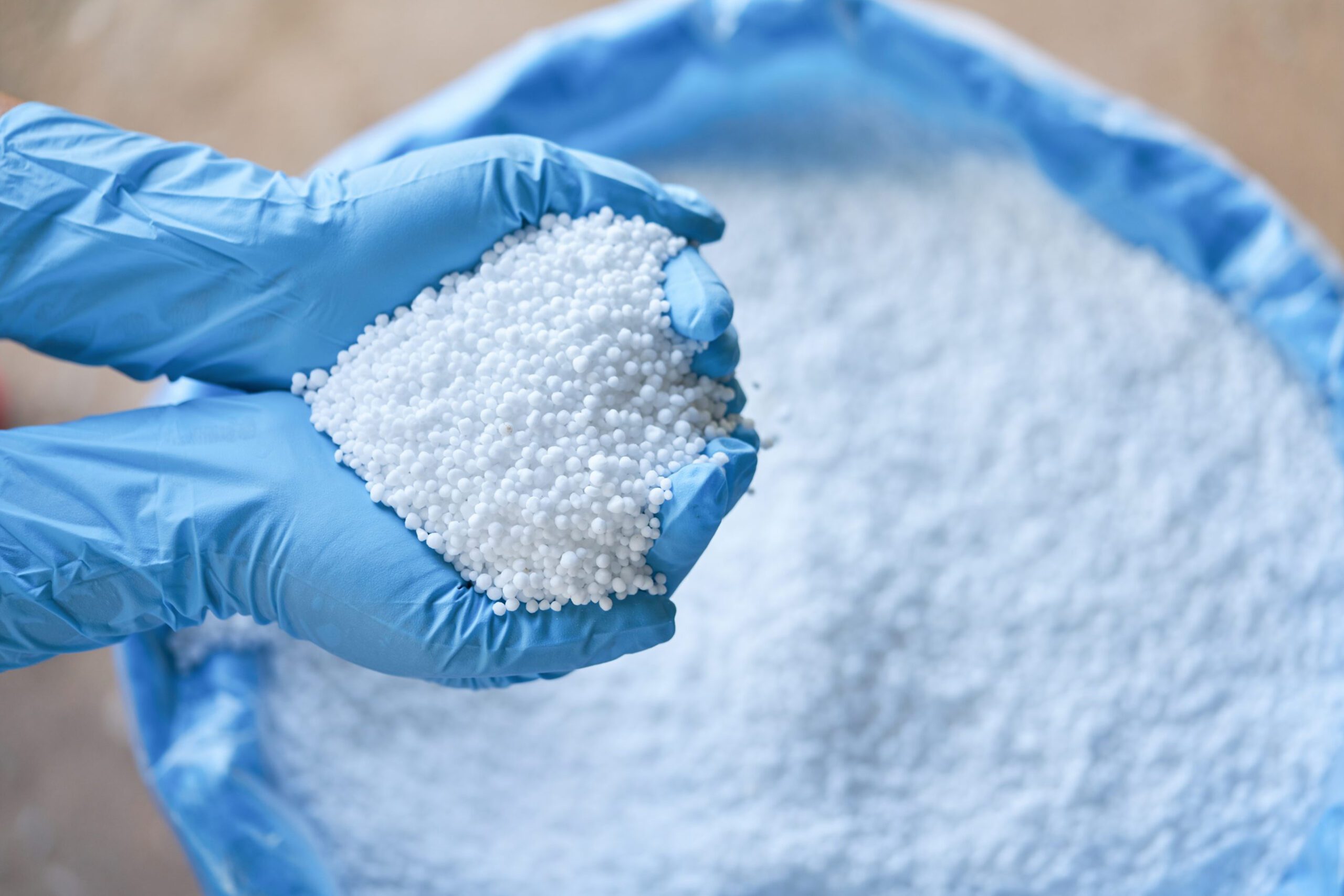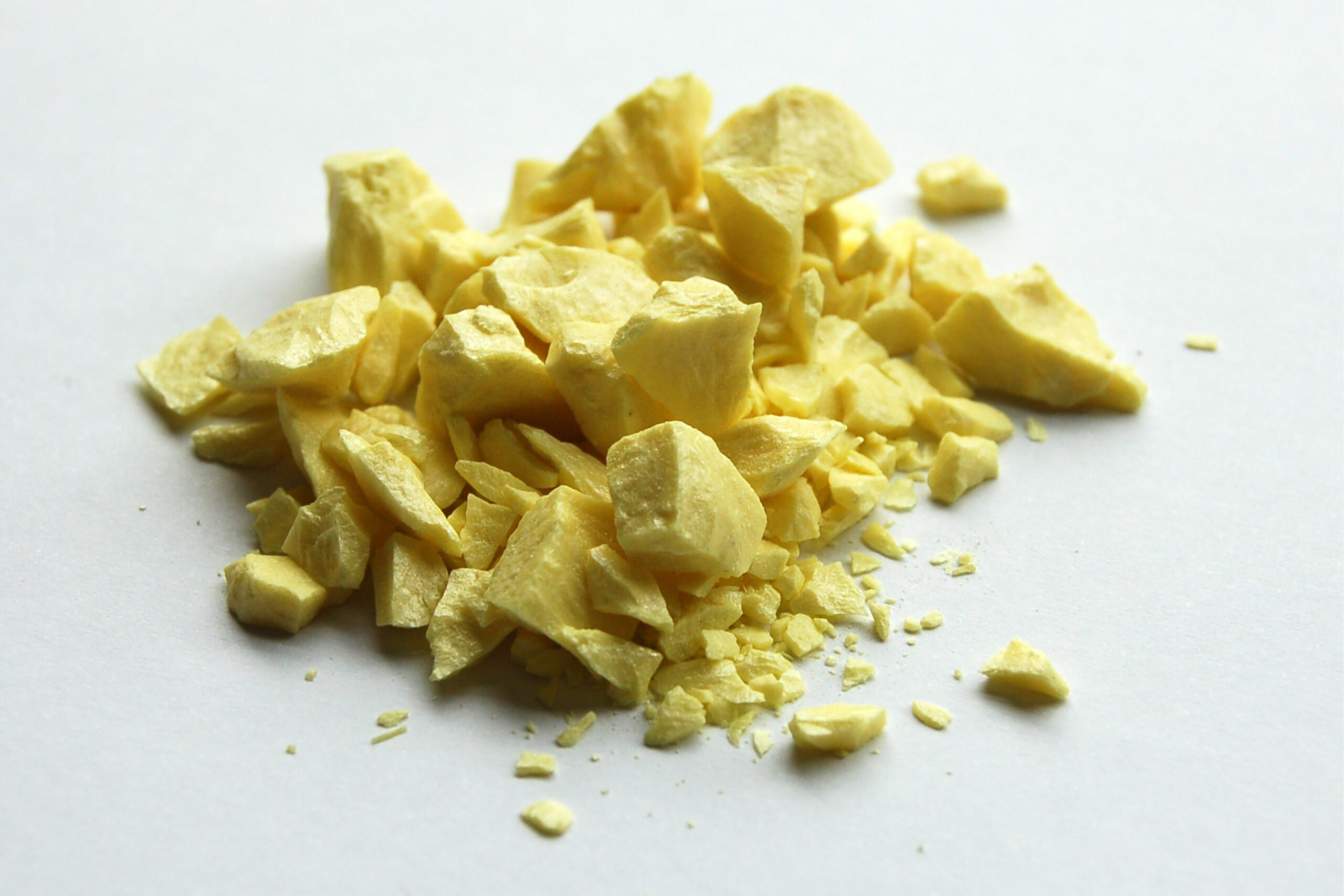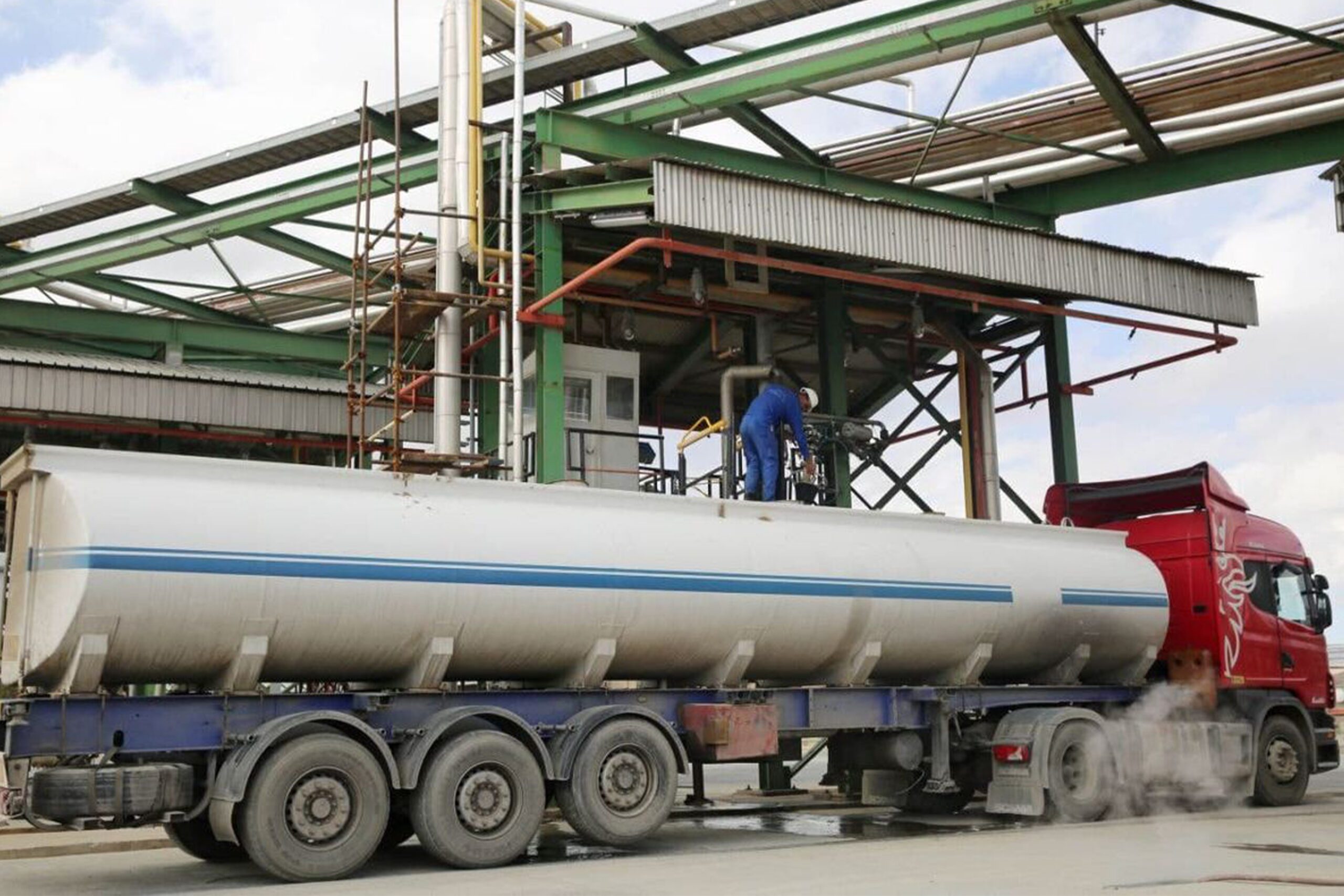PETROLEUM INDUSTRY
Petrochemical materials and petroleum derivatives play a crucial role in various industries and serve as the foundation for the production of many everyday products. Additionally, the dependence of industries on these materials contributes to economic growth and sustainable development in countries. These materials can be utilized in different ways across various industries. In the plastics industry, they are the primary source for producing various plastics such as polyethylene and polypropylene. In the textile industry, synthetic fibers like nylon and polyester are produced from petrochemicals. Furthermore, in the paint and coatings industry, these materials serve as the base for manufacturing paints and protective coatings. In agriculture, petrochemical-derived chemical fertilizers help improve crop performance. Lastly, in the energy sector, petroleum derivatives are used as fossil fuels for electricity generation and heating. These applications highlight the importance and diversity of petrochemical materials in everyday life and across different industries.

BITUMEN
The properties of road construction bitumens with grades 60/70, 80/100, 40/50, and 90/130 are determined using the penetration grading system. This system was introduced in the early 19th century, specifically in 1902, to specify the consistency of semi-solid bitumens. This grading is typically used for bitumens derived from the residue of atmospheric distillation towers, which are then subjected to processes such as vacuum distillation, thermal conversion, partial oxidation (e.g., air blowing), and solvent precipitation or deasphalting.
UREA
Urea (also known as carbamide) is an organic compound with the chemical formula CO(NH₂)₂. Urea initially forms as ammonia, which is produced from the breakdown of amino acids. Since ammonia is highly toxic to the body, it is converted into urea in the liver through a reaction with carbon dioxide (produced by liver cells). Urea serves as a fertilizer by providing the essential nitrogen that plants need for growth. Its high solubility in water facilitates easy absorption by plant roots, ensuring effective nutrient uptake.
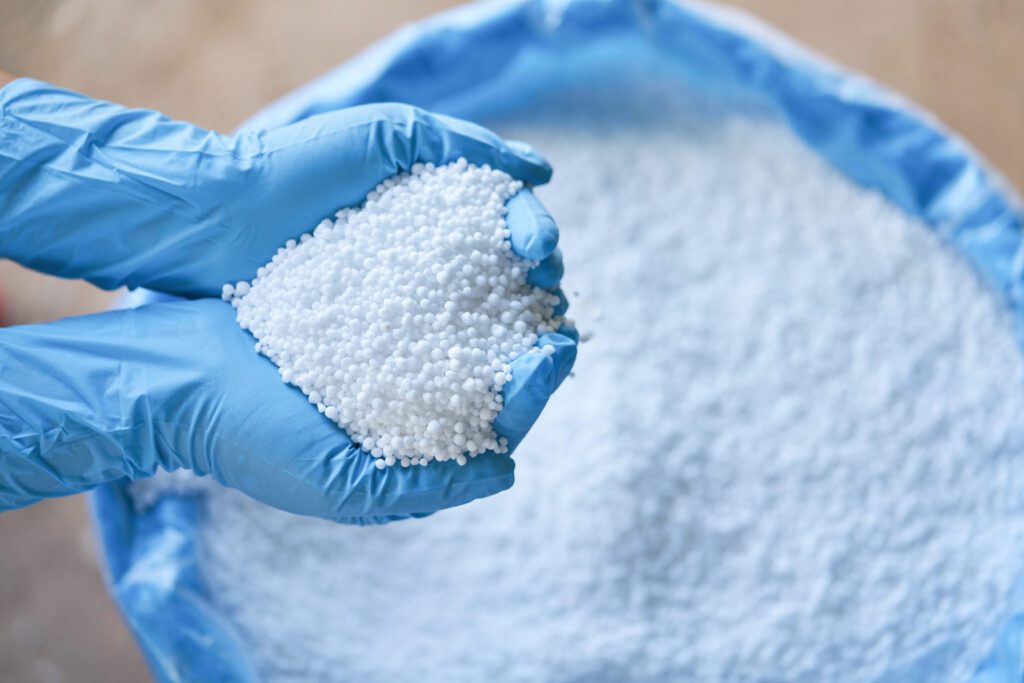
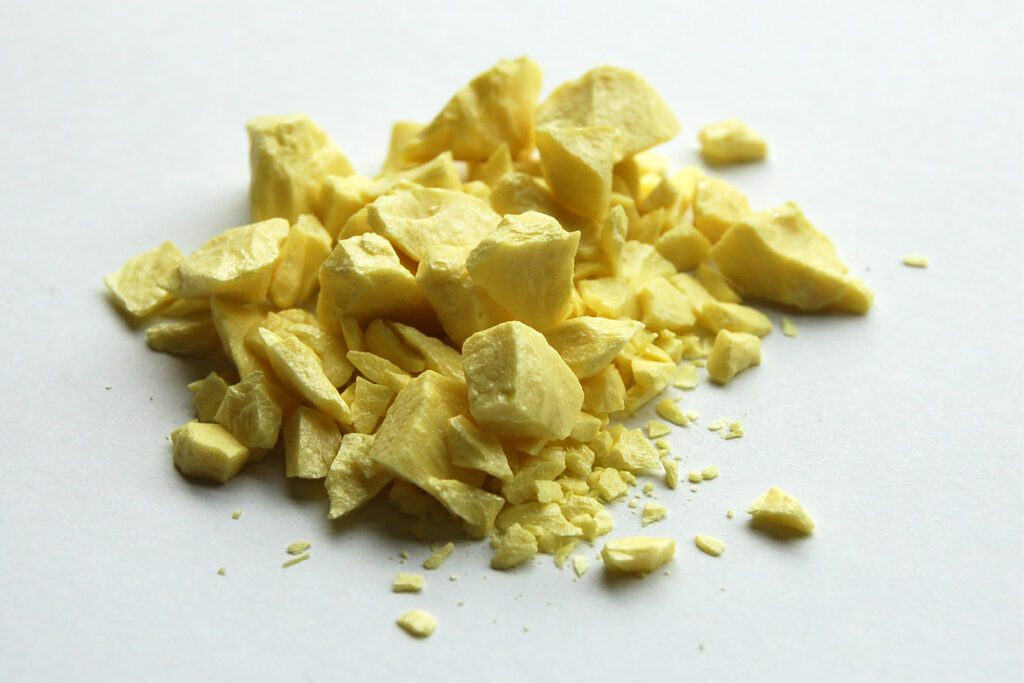
SULFUR
This element occurs naturally and under normal conditions as mineral sulfur or sulfur in rust. Sulfur is an important chemical element used in the chemical, pharmaceutical, agricultural, and food industries. It is also used as a disinfectant and as a protector against oxidation in some products. Historically, the highest consumption of sulfur was related to agricultural industries and the production of phosphate fertilizers. Sulfur is considered the most important mineral required for plant growth, and its deficiency can negatively impact agricultural products.
HYDROCARBON
In chemistry, hydrocarbons are a category of organic compounds that consist solely of carbon and hydrogen atoms in their molecular structure. Like all organic substances, hydrocarbons are classified into two groups: aliphatic and aromatic. Substances such as paraffin, methane, and benzene belong to the hydrocarbon category and, when exposed to oxygen, burn to produce carbon dioxide and water vapor. Aromatic hydrocarbons, which have multiple rings, contain organic compounds with two to seven benzene rings.
